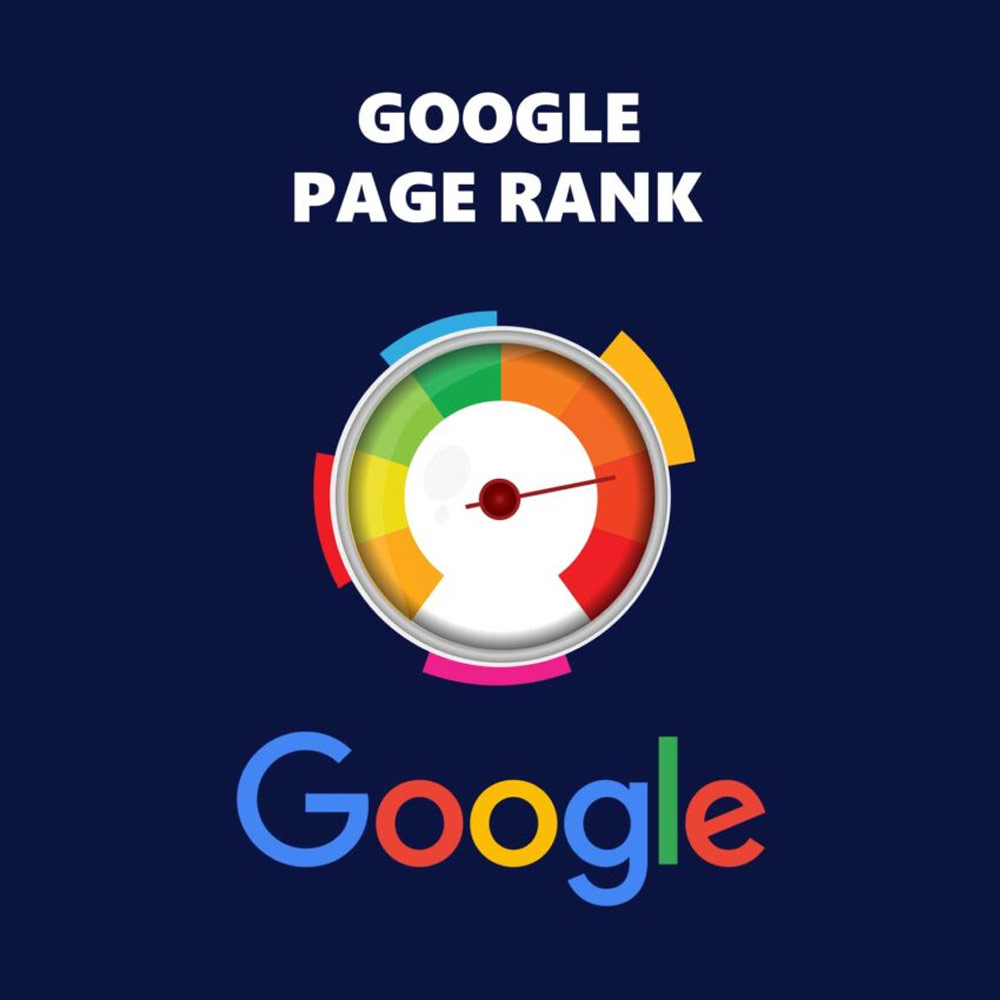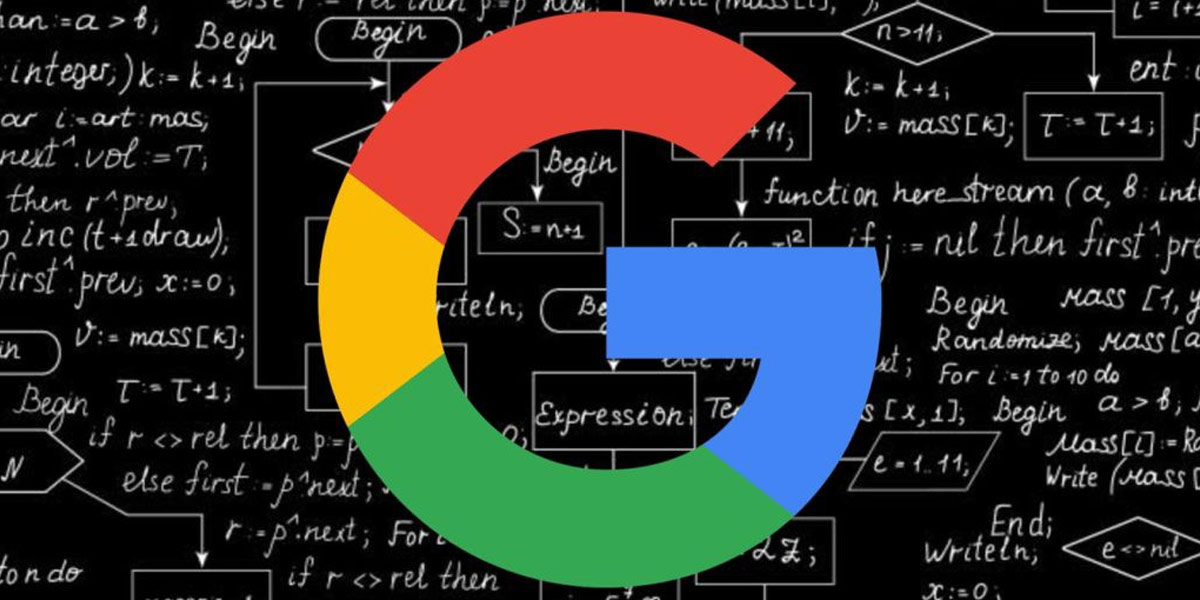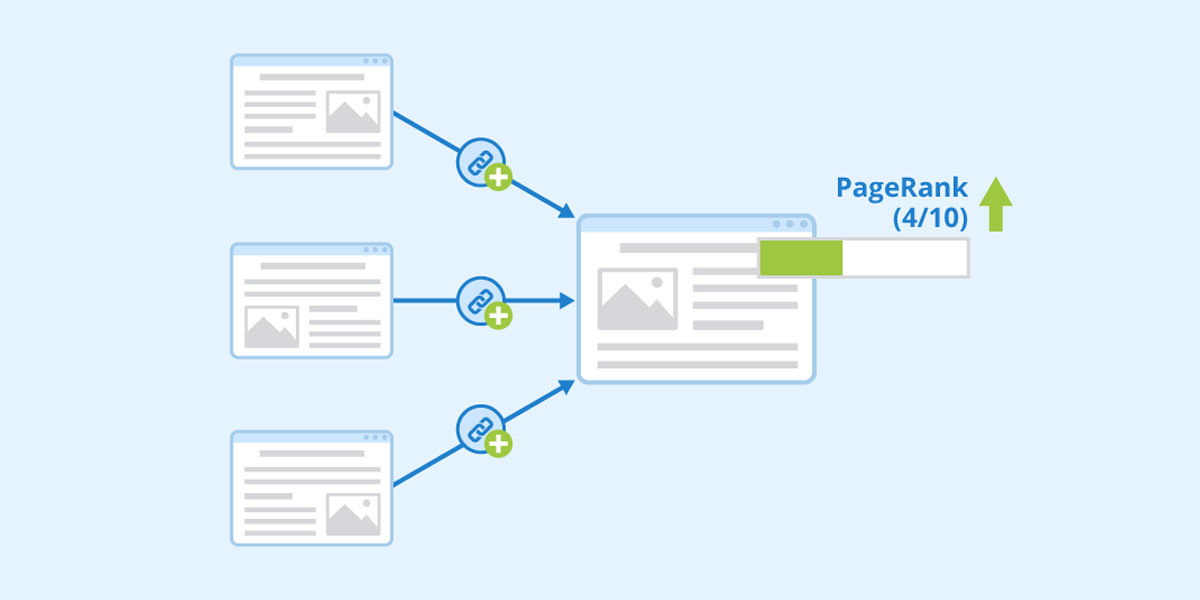Google PageRank: Everything You Need to Know

If you are reading this article, chances are you have used a search engine before. Google, Bing, Yahoo, and many others are familiar names to almost everyone who has access to the internet. However, have you ever wondered how search engines work, and how they determine the order of the results they display?
One of the most important factors in this process is the Pagerank algorithm. In this article, we will explain what Pagerank is, how it works, and how it has revolutionized the world of search engines. We will also explore some of the controversies surrounding Pagerank, and how it has evolved.
What is Pagerank?
Pagerank is an algorithm that was developed by Larry Page and Sergey Brin, the founders of Google, in the late 1990s. The name Pagerank is a play on words, as it is named after Larry Page, and also because it ranks web pages.
The purpose of the Pagerank algorithm is to determine the relative importance of web pages on the internet. This importance is represented as a score, which is calculated based on various factors, the most important of which is the number and quality of links pointing to a page.
Pagerank is not the only algorithm used by search engines to determine the order of search results, but it is one of the most influential and widely used.

What is Pagerank?
How does Pagerank work?
The basic idea behind Pagerank is that a page is important if it is linked to other important pages. In other words, the more important pages link to a page, the more important that page must be.
However, not all links are created equal. A link from a page that is itself very important will count for more than a link from a page that is not very important. Similarly, a link from a page that is about the same topic as the linked page will count for more than a link from a page that is not related.
Pagerank takes all of these factors into account when calculating the importance of a page. The basic algorithm can be summarized as follows:
- Assign an initial score of 1 to every page.
- For each page, calculate the sum of the scores of all pages that link to it.
- Divide the score of each linking page by the number of links on that page.
- Multiply each of these scores by a damping factor, typically set to 0.85.
- Add up all of the scores and normalize them so that they add up to 1.
- Repeat the process until the scores converge.
This algorithm may seem complicated, but it can be easily represented using matrix algebra.
The importance of inbound links
As mentioned earlier, the most important factor in determining the Pagerank of a page is the number and quality of links pointing to it. This is because inbound links are a measure of the popularity and authority of a page.
Inbound links can come from a variety of sources, including other websites, social media, blogs, and directories. However, not all inbound links are equal. Links from high-quality, authoritative sites are worth more than links from low-quality sites.
In addition, links from pages that are relevant to the content on the linked page are more valuable than links from pages that are not relevant. For example, a link from a food blog to a recipe website will carry more weight than a link from a sports news site.

The importance of inbound links
Calculating Pagerank: the matrix equation
Pagerank can be represented mathematically using a matrix equation. The equation is based on the assumption that a user will randomly click on links on a web page, following each link with equal probability. This means that the probability of a user clicking on any given link is 1/N, where N is the total number of links on the page.
The matrix equation for Pagerank is as follows:
PR(A) = (1-d) + d(PR(T1)/C(T1) + … + PR(Tn)/C(Tn))
Where:
- PR(A) is the Pagerank score for page A
- d is the damping factor, typically set to 0.85
- PR(T1) through PR(Tn) is the Pagerank scores of the pages that link to page A
- C(T1) through C(Tn) is the number of outbound links on pages T1 through Tn
This equation is essentially saying that the Pagerank of a page is equal to a combination of the Pagerank scores of the pages that link to it, divided by the number of outbound links on those pages, multiplied by the damping factor, plus a small constant representing pages that have no inbound links.
Normalization and damping factor
After calculating the Pagerank scores for all of the pages on the web, the scores are normalized so that they add up to 1. This ensures that the scores are proportional to each other and can be used to rank the pages in order of importance.
The damping factor is used to ensure that the algorithm does not get stuck in a loop, endlessly following links between pages. By dumping the scores, the algorithm ensures that the Pagerank scores converge and do not oscillate indefinitely.

Normalization and damping factor
Early controversies and criticisms of Pagerank
Despite its widespread use, Pagerank has not been without controversy. In its early days, Pagerank was criticized for giving too much weight to inbound links, and for being vulnerable to manipulation.
Some website owners tried to boost their Pagerank scores by creating “link farms”, networks of websites that linked to each other purely to game the Pagerank algorithm. Google responded to these tactics by adjusting the algorithm to give less weight to links from low-quality sites and link farms.
Evolution of Pagerank: updates and modifications
Since its creation, Pagerank has undergone several updates and modifications. Google has made several changes to the algorithm to improve its accuracy and to prevent manipulation.
One of the most significant updates was the introduction of the Penguin algorithm in 2012. Penguin targeted websites that used manipulative linking tactics to artificially boost their Pagerank scores. The update penalized these sites by lowering their rankings or removing them from the search results entirely.

Evolution of Pagerank: updates and modifications
The impact of Pagerank on search engine optimization (SEO)
Pagerank has had a profound impact on the world of search engine optimization (SEO). In the early days of SEO, website owners could manipulate the Pagerank algorithm by simply buying or trading links with other sites. This led to a proliferation of low-quality sites that ranked high in the search results, to the detriment of users.
Today, Pagerank is just one of many factors that search engines use to determine the order of search results. However, it is still an important factor, and website owners who want to improve their rankings need to pay attention to their inbound link profiles and ensure that they are obtaining links from high-quality, relevant websites.
The Future of Pagerank: Machine Learning and Beyond
As search engines continue to evolve, so too will Pagerank. In recent years, machine learning has become an increasingly important part of search engine algorithms, and, likely, Pagerank will also incorporate machine learning in the future.
One potential area where machine learning could be used in Pagerank is the analysis of link quality. Rather than relying solely on simple metrics like the number of links pointing to a page, machine learning algorithms could be used to analyze the quality and relevance of those links.
Another potential area where machine learning could be used is in the analysis of user behaviour. By analyzing user engagement metrics like bounce rate, time on page, and click-through rate, search engines could gain a better understanding of which pages are truly valuable and relevant to users.
Overall, it is clear that Pagerank will continue to play an important role in search engine optimization, but it is also clear that Pagerank will continue to evolve as search engines become more sophisticated. By staying up-to-date with the latest developments in search engine algorithms and adapting our strategies accordingly, we can continue to improve our Pagerank scores and maintain our search engine rankings.

The Future of Pagerank: Machine Learning and Beyond
Conclusion
Pagerank is a complex algorithm that has had a significant impact on the world of search engine optimization. By analyzing the link structure of the web, Pagerank can determine the importance of individual pages and rank them accordingly. Although it has undergone several updates and modifications, Pagerank remains an important factor in search engine ranking algorithms today.
As website owners and SEO professionals, it is important to understand the Pagerank algorithm and how it works. By focusing on building high-quality, relevant links, we can improve our Pagerank scores and ultimately improve our search engine rankings.
FAQ
Can Pagerank be manipulated?
While Pagerank can be manipulated to some extent, search engines have become increasingly sophisticated in detecting and penalizing manipulative tactics.
Is Pagerank still an important factor in SEO?
Yes, Pagerank remains an important factor in search engine ranking algorithms today, although it is just one of many factors.
Can a website with a low Pagerank still rank high in the search results?
Yes, a website with a low Pagerank can still rank high in the search results if it has high-quality content and relevant, authoritative links.
Does Pagerank take into account social media activity?
No, Pagerank does not directly take into account social media activity, although social media can indirectly influence Pagerank by driving traffic and links to a website.
Is Pagerank the only factor that determines search engine rankings?
No, search engine rankings are determined by a complex algorithm that takes into account many factors, including Pagerank, relevance, authority, and user experience.

